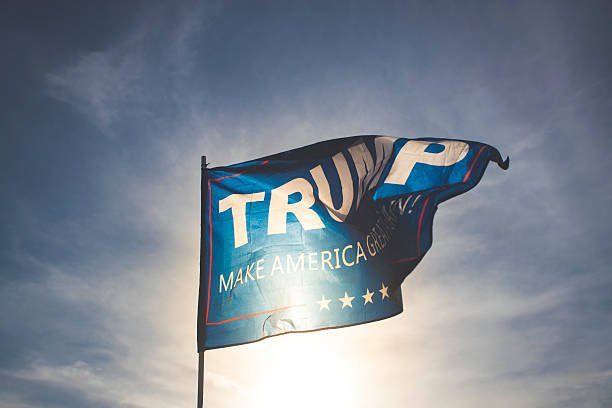
Trump’s Ultimatum to Harvard
President Donald Trump has issued a dramatic ultimatum to Harvard University, demanding $500 million as a condition to restore federal funding. The announcement has sparked outrage across academic and political circles, with critics accusing Trump of politicizing higher education. According to Trump, the move is intended to hold elite universities accountable for what he describes as “mismanagement and lack of transparency” in their use of public funds.
Why the $500 Million?
The $500 million figure is being positioned as a form of restitution. Trump claims that Harvard, with its massive endowment, has benefited from taxpayer dollars while failing to provide sufficient financial accessibility to middle-class families. By demanding this payment, Trump argues he is ensuring that federal money is used responsibly and not to “prop up wealthy institutions.” Harvard officials, however, view this demand as unprecedented and politically motivated.
Academic Freedom vs. Political Pressure
This standoff raises deeper questions about the independence of educational institutions in the United States. Harvard’s leadership insists that its federal funding is critical for research, scholarships, and scientific innovation, and warns that such demands could set a dangerous precedent. Faculty members argue that political interference in funding decisions undermines academic freedom and jeopardizes the nation’s global competitiveness in research and education.
Conclusion
Trump’s demand for $500 million places Harvard in a difficult position—comply and set a precedent, or resist and risk losing vital federal support. The clash highlights the growing tension between the federal government and higher education institutions, with the outcome likely to shape the future of funding for universities across the country. For now, all eyes remain on Harvard’s next move.